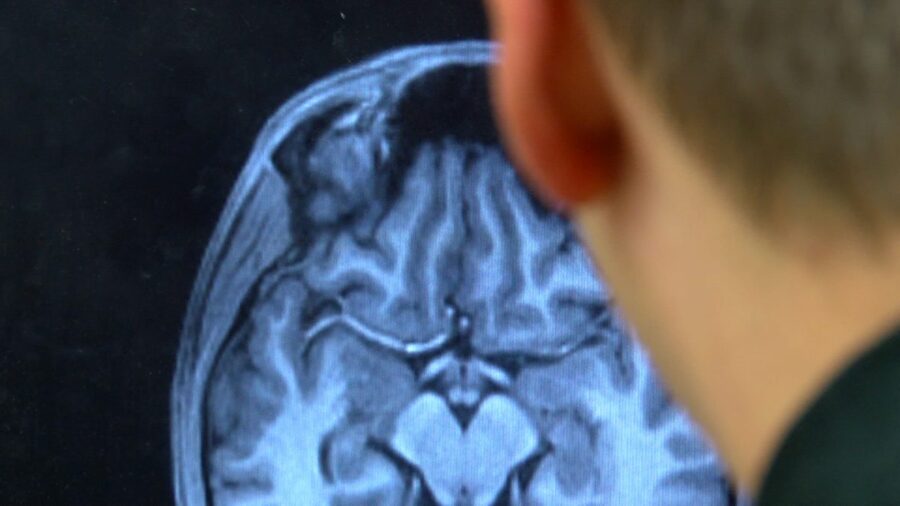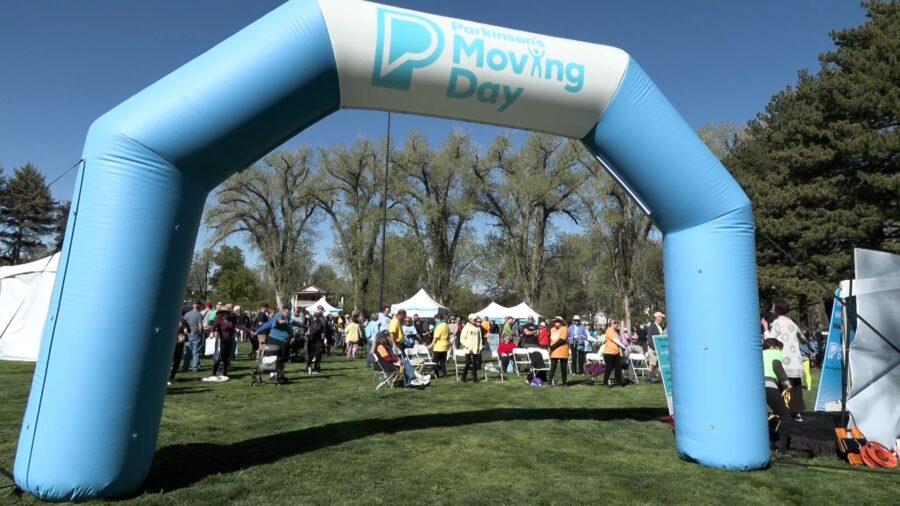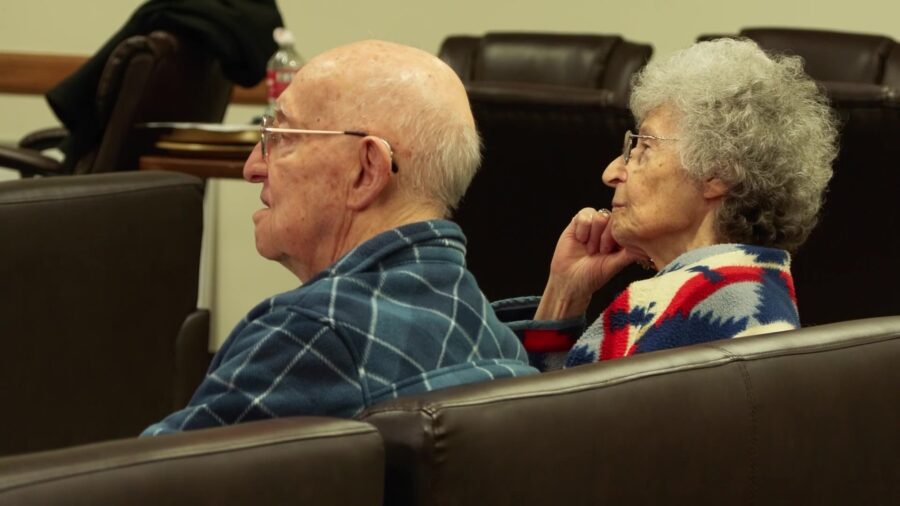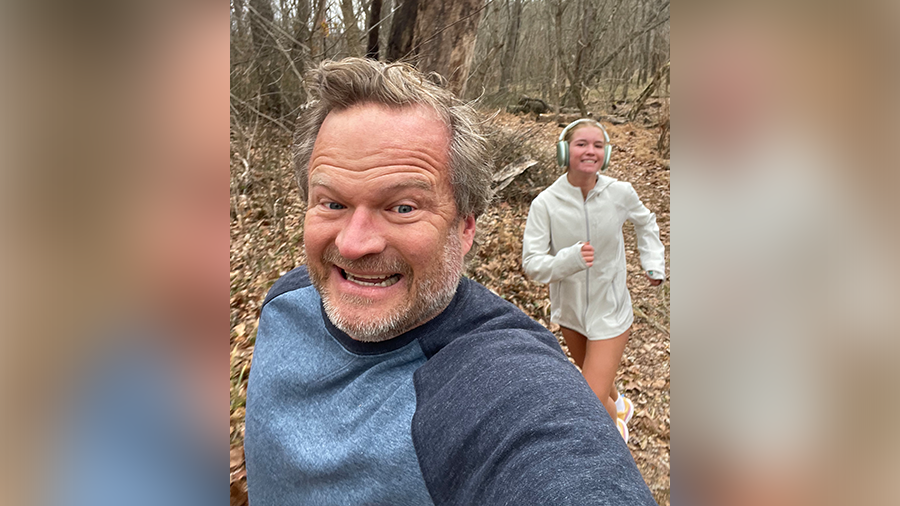Cancer Misinformation On The Rise On Social Media, Huntsman Cancer Institute Study Says
Jul 22, 2021, 7:11 AM | Updated: 7:38 am
SALT LAKE CITY — Many of us turn to the internet for information about our health, but a new Utah study finds misinformation surrounding cancer treatments is growing on social media.
It may be human nature to peruse social media for answers after a cancer diagnosis, but experts say following advice found online without talking to your doctor first can be harmful.
“I call it the murky waters of the internet,” said Dr. Skyler Johnson, an assistant professor in the University of Utah’s School of Medicine and radiation oncologist at the Huntsman Cancer Institute.
Johnson did just that when his wife got cancer during medical school.
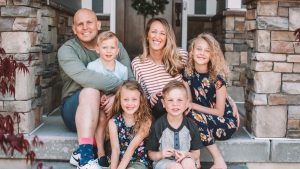
Dr. Skyler Johnson and his wife, Laurie Johnson, turned to the internet when she was diagnosed with cancer during med school. He’s now the lead researcher at the Huntsman Cancer Institute on a study that found cancer misinformation is on the rise on social media and can be harmful to patients.
“The first thing we did is hopped online to figure out, ‘What are the treatment options, what’s the prognosis like?'” Johnson said.
Johnson is now the lead researcher at the Huntsman Cancer Institute looking at misinformation online.
“We know that patients who choose to use treatments that don’t have scientific support for them are putting their own health at risk,” he said.
Their study, published in the Journal of the National Cancer Institute, found many of the most popular cancer articles shared on social media aren’t accurate.
According to researchers at the Huntsman Cancer Institute, 33% of the articles on social media contained misinformation about cancer. Of those, 77% had information that could negatively impact patient outcomes.
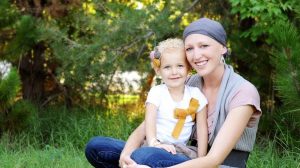
Dr. Skyler Johnson and his wife, Laurie Johnson, turned to the internet when she was diagnosed with cancer during med school.
“If it means that you’re refusing conventional cancer treatments, then it decreases your chance of cure and survival,” Johnson said.
Scientists also found misleading articles got the most traction online, especially on Facebook.
That’s why Johnson said it’s critical to talk to your doctor before trying a new treatment.
“It’s all about being able to use social media wisely, and just be a little bit critical about the information you may be seeing online or hearing about from well-meaning family and friends,” he said.
He prescribes a healthy dose of skepticism when reading about cancer on social media.
Next, Johnson and his team will look at how likely people are to recognize false information about cancer on social media when they see it.

